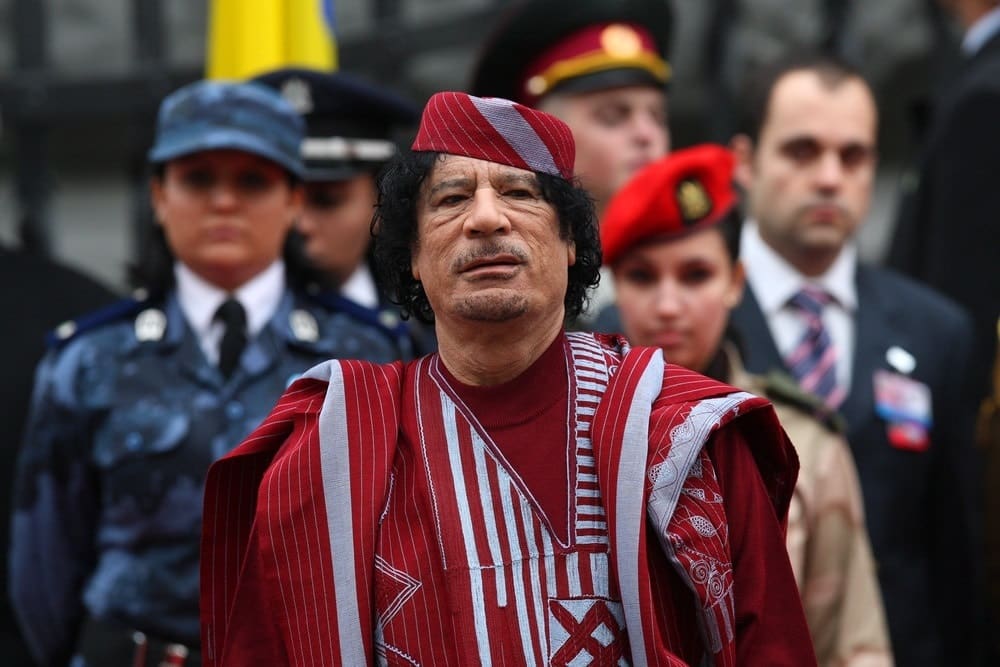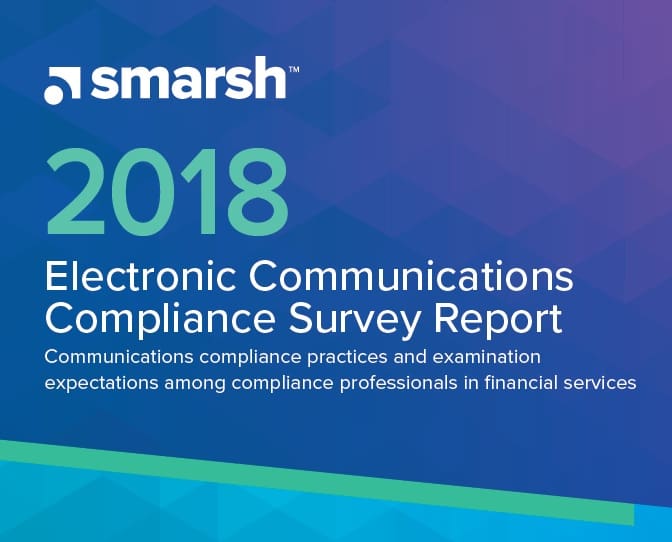Historic Corruption and Its Modern-Day Impacts
Anne Eberhardt, CFE, CAMS and Senior Director at Gavin/Solmonese, discusses two notable cases involving corruption, bribery and consequent violations of the Foreign Corrupt Practices Act. Each offers instruction for compliance practitioners.
This autumn we are commemorating two significant anniversaries: the 10-year anniversary of the financial crisis and the centenary of the end of the First World War. Another anniversary that may have escaped widespread notice will come in November: 101 years after Leon Trotsky, in his capacity as the Bolshevik foreign minister, gleefully exposed the Sazonov-Sykes-Picot agreement, revealing Russian, British and French imperial plans to carve up the Ottoman Empire. The release of the document embarrassed the British and French governments, whose foreign ministers had made contradictory and unfulfillable promises to various tribal leaders in exchange for their help securing a military defeat against the Turks. And of course, Sykes-Picot lives in infamy, rightly or not, as the root cause of the perennial unrest of the contemporary Middle East.
Several recent Foreign Corrupt Practices Act (FCPA) cases have revealed widespread corruption involving global corporations and their affiliates located in the regions that were reshaped by the collapsing empires a century ago. This summer, three financial institutions resolved their years-long corruption investigations, which were discovered after the Arab Spring revolutions and the financial crisis unfolded in Libya. And in early September, a French pharmaceutical company settled its corruption investigation of widespread bribery discovered in its affiliates located in the Middle East and Central Asia.
The Libyan Investment Authority
Following the 1969 coup that propelled the young Colonel Moammar Gadhafi into power in Libya, his government was considered a state sponsor of terrorism subject to widespread sanctions by western governments. That began to change in 1998 when Gadhafi agreed to extradite to Britain the Libyan nationals who were responsible for the 1988 bombing of Pan Am Flight 103 over Lockerbie, Scotland. After Gadhafi expressed solidarity with the United States following the September 11 attacks and agreed to give up his weapons of mass destruction, the U.S. and other western governments began a process of normalizing relations with Libya. In 2006, when Libya launched the Libyan Investment Authority (LIA) to manage the surpluses from its oil revenues, the fund quickly attracted many of the world’s premier financial institutions.
Two years later, during the financial crisis of 2008, the LIA lost about 98 percent of the value of a series of investments made through one of its investment bankers. Over the next several years, while the two parties were negotiating whether and how to make the LIA whole, the process was interrupted when the Libyan version of the Arab Spring erupted. Gadhafi quickly lost the upper hand, and on October 20, 2011, he was treated to an undignified death at the hands of a mob.
Gadhafi’s friends who had led the LIA fled the country, and the caretakers appointed to manage the fund began to notice certain financial irregularities. Fresh audits and scrutiny of the LIA revealed that the investment banks, hedge funds and private equity firms managing the fund’s assets had engaged in widespread bribery, and U.S. regulators began investigating potential violations of the FCPA.
Over the past few months, U.S. regulators have announced several settlements related to FCPA violations connected to the LIA and have assessed hundreds of millions of dollars in fines and penalties, including a staggering $585 million from Société Générale, $64 million from Legg Mason and $30 million from Credit Suisse. Two years ago, Och-Ziff settled its FCPA case, agreeing to pay $213 million for violations in Libya, as well as in sub-Saharan Africa, and it is almost certain that we will see more headline-grabbing stories involving the LIA in the months to come.
Sanofi
Four years ago, Sanofi, the Paris-based pharmaceutical company, announced that it had engaged counsel to undertake an internal investigation based on whistleblower allegations that illegal payments had been made to health care professionals in the Middle East, Central Asia and Africa between 2007 and 2012.
In Sanofi Levant, the company’s subsidiary covering Lebanon, Jordan, Syria and Palestine, employees provided sponsorships, gifts, donations, product samples, consulting agreements, peer-to-peer meetings, clinical studies and grants to key opinion-leading health care providers to encourage them to prescribe Sanofi-brand products.
In the United Arab Emirates, investigators found that sales and marketing staff submitted false travel and entertainment reimbursement claims, which were then funneled to health care providers to increase the number of prescriptions for Sanofi products made by state-supported health care professionals.
And at its branch located in Kazakhstan, discounts and credit notes were extended to distributors who colluded with senior managers of the company. These funds were then kicked back to Sanofi employees, who paid Kazakh officials to influence the award of public tenders for pharmaceutical products.
In early September, following a four-year investigation, Sanofi agreed to pay about $25 million in fines and penalties to the SEC for violations of the books and records and internal controls provisions of the FCPA. The company further agreed to report on its remediation and compliance enhancement efforts for a period of at least two years. Notably, earlier this year, the Department of Justice announced that it had decided to close its inquiry into the criminal allegations.
Sanofi, of course, was not the only pharmaceutical company caught up with enforcement actions in the Middle East. Its relatively lenient treatment from U.S. regulators, however, can be attributed to the fact that upon learning of the allegations from a whistleblower, management decided to self-report and opened a thorough internal investigation. The company’s cooperation with the SEC throughout the investigation, along with the steps it independently took to enhance its compliance program and to discipline more than 150 employees involved in the activity, no doubt contributed to the DOJ’s decision not to prosecute the company.
Lessons for Compliance Professionals
The collapse of European empires at the beginning of the 20th century disclosed unsavory deals negotiated by government officials. Revolutions of the more recent era have exposed the dirty dealings of multinational corporations with kleptocrats across the globe. When companies operate in unstable political environments, senior management and compliance officers should always be mindful that today’s business partner might just become tomorrow’s defendant in a trial for crimes against the people, and yesterday’s well-kept secrets can become, in a flash, tomorrow’s compliance nightmares.
But it doesn’t always take a full-blown revolution to reveal underhanded financial arrangements. As anyone paying attention to the news today knows, long-buried accounts of wrongdoing can be revealed by a motivated whistleblower or an electronic records hack. The lesson for compliance officers is to remember that there is no such thing as successful secret-keeping.



 Anne Eberhardt, CFE, CAMS, is a Senior Director in the Valuation and Litigation Consulting practice at
Anne Eberhardt, CFE, CAMS, is a Senior Director in the Valuation and Litigation Consulting practice at 






